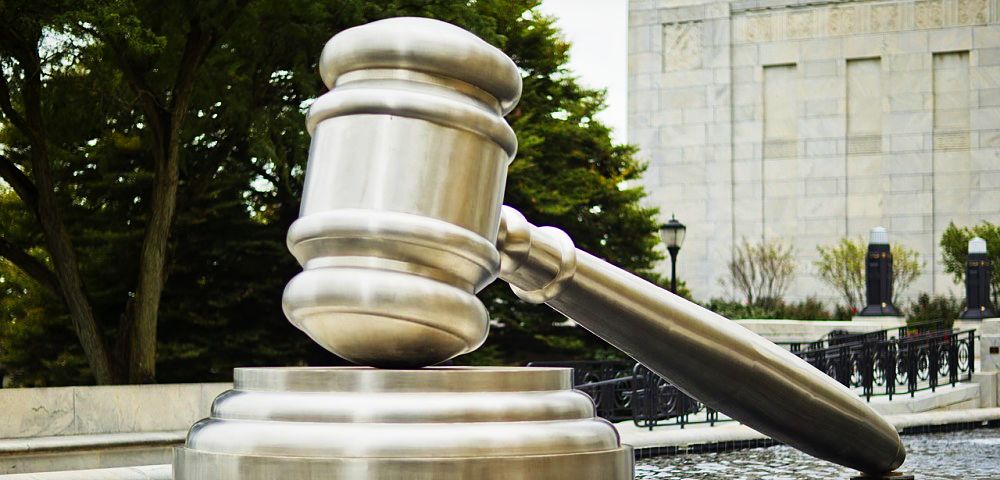Can Blockchain Shake up the Legal Sector for the Better?
In 2008, Apple’s creation of the app store led to the introduction of apps for everything. More than a decade later, it now seems there’s a blockchain for everything. The technology that’s best known for underpinning the Bitcoin cryptocurrency has spawned a new raft of ambitious startups looking to make the most of it.
The blockchain has a simple underlying premise: to allow people to share digital assets with another internet user. The transfer is carried out securely and can be seen by all users of the network it is shared upon, using a public record of all transactions. Blockchain networks can be open to anyone or act as a private system that’s only accessible to those granted permission.
Despite analysts at
But how could blockchain be applied to the legal profession and regulatory environment? “Blockchain technology can affect the legal practice in two significant ways,” says Primavera De Filippi, a researcher at the National Center of Scientific Research in Paris and faculty associate at
The “use cases” for a blockchain that holds evidence are already starting to be developed. Evidence management company CaseLines is attempting to patent the use of blockchain tech for handling legal documents. In
The second potential application, De Filippi says, is in creating a way for contracts to be created and transferred digitally, reducing the need for legal instruments. Smart contracts can remove the need for a middle-party in deals and reduce overall costs. “Blockchain definitely has the power to create more efficiency, with secure and transparent transactions,” adds Richard Anderson, product management director, legal risk, at
Smart contracts, in some cases, have moved beyond the concept stage and are starting to be used in the real world. For instance, the Open Law group creates legal agreements that are then securely stored on the Ethereum [cryptocurrency] blockchain. “Blockchain technology can significantly reduce the costs of entering into contractual agreements, by enabling people to transact directly with one another through a computer interface, as well as reducing the costs of monitoring and enforcement,” De Filippi says.
One industry in which this is already happening is shipping.
The legal profession should ensure that uses of blockchain technology actually comply with the law
Primavera De Filippi
Anderson adds that the transparency around the document sender and creator within blockchain applications may also help banks prevent fraud. In particular, it could help easily identify people involved in financial transactions and prevent money laundering. Financial groups have to understand – through regulations referred to as “know your customer” – who owns accounts and is making transactions. Anderson says the blockchain can be used to verify the identity of those completing transactions. When it is used, it has the potential to disrupt the entire industry. “There is a significant chance that blockchain being heavily used by financial services reduces the ‘know your customer’ burden to the degree that certain regulatory solutions are cannibalised and no longer needed,” he adds.
However, most of these technologies aren’t in place yet. “People have seen this massive explosion of cryptocurrency and assume there must be a significant use of blockchain,” Anderson says. He likens the hype around blockchain to the recent surge in artificial intelligence. But AI has reached the stage where businesses now understand how they may be able to take advantage of it, Anderson says. “I don’t think that maturity has happened with blockchain.”
Primarily, for blockchain, there is one significant hurdle to overcome before it can be widely deployed. “The legal profession should ensure that uses of blockchain technology actually comply with the law and do not tamper with fundamental rights, like the right to privacy,” De Filippi says. Europe’s General Data Protection Regulation ( GDPR ), which started to be enforced in , strengthens the rights of individuals and increases the safeguards on their personal data. It may also have a stalling impact on the adoption of blockchain tech.
Around the world, regulators are currently creating plans covering how blockchain and cryptocurrencies should be regulated. The
In the short term, blockchain has a difficult future. “When you look at a hardening regulatory environment around data privacy – whether you think that’s right or wrong, it is definitely happening with GDPR – it’s clear that blockchain is going to come up against regulation,” Anderson says.




